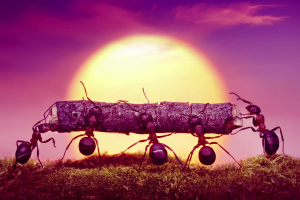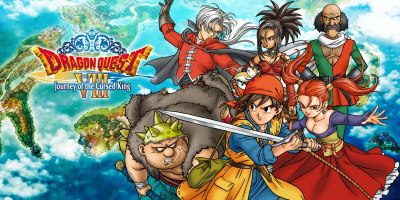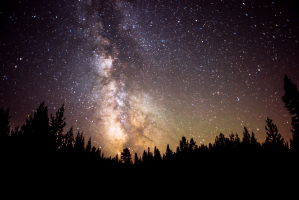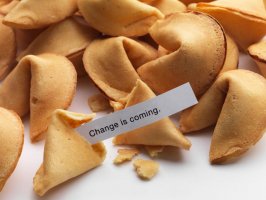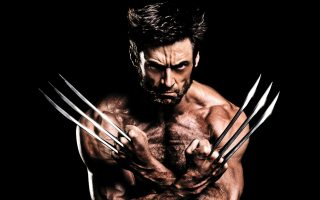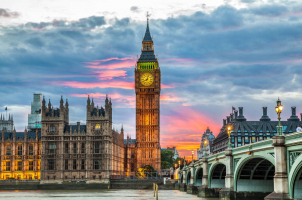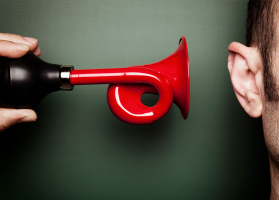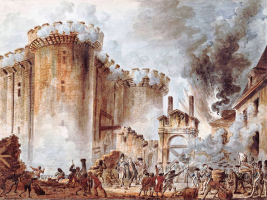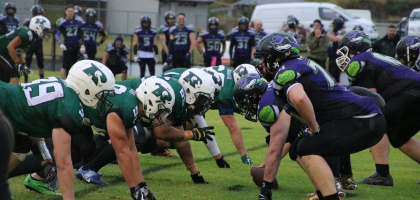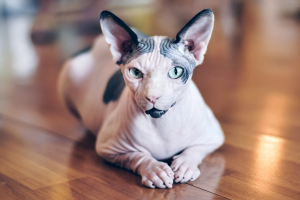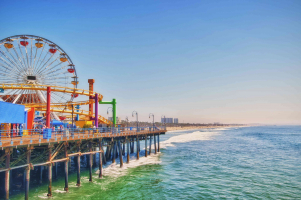Top 10 Simple and Easy Things That Could Save Billions of Dollars
Everyone enjoys making small financial savings when they can, right? And it's much sweeter if you find a few dollars in your couch cushions or the pocket of an ... read more...old blazer. The best cash is free cash. But the majority of us only take it lightly. What must you do to save countless dollars? It turns out that there are a number of amazing things happening constantly, or things people could at least attempt to do, that can help us save a ton of money.
-
Do you urinate in the shower?Someone ask you in a rhetorical manner. Do not respond. It's just something to think about because, contrary to what you would believe, it applies not only to the subject at hand but also to your personal money account.
According to EPA statistics, your toilet utilizes around 30% of the total water used in your home. To put that into dollars and cents, each and every time you flush the toilet, 1.3 cents are flushed down the drain. That may total more than one year. And it adds up to a hell of a lot when you take into account every single person in the nation. But you have to admit, it's essential. You must, of course, flush the toilet. But what if you didn't have to do it each and every time?
In the nation, there are 329.5 million people. Every person in the nation would have to pay $4.28 million to flush one toilet each day. That occurs daily. People all just flushed away $1.5 billion at the end of the year. Here's the issue, though. The 1.6 gallons of water you flushed may have been conserved if you used the shower once a day instead of the toilet (in a shower you would already be taking). Saved is 1.3 cents. Saved is the $1.5 billion.
There are obviously several real-world kinks in this calculation, including the reality that not everyone takes a shower every day and toilets that require more water. However, it's important to note that, at the very least on a personal level, peeing in the shower once a day as opposed to flushing it away can save you roughly $5 a year.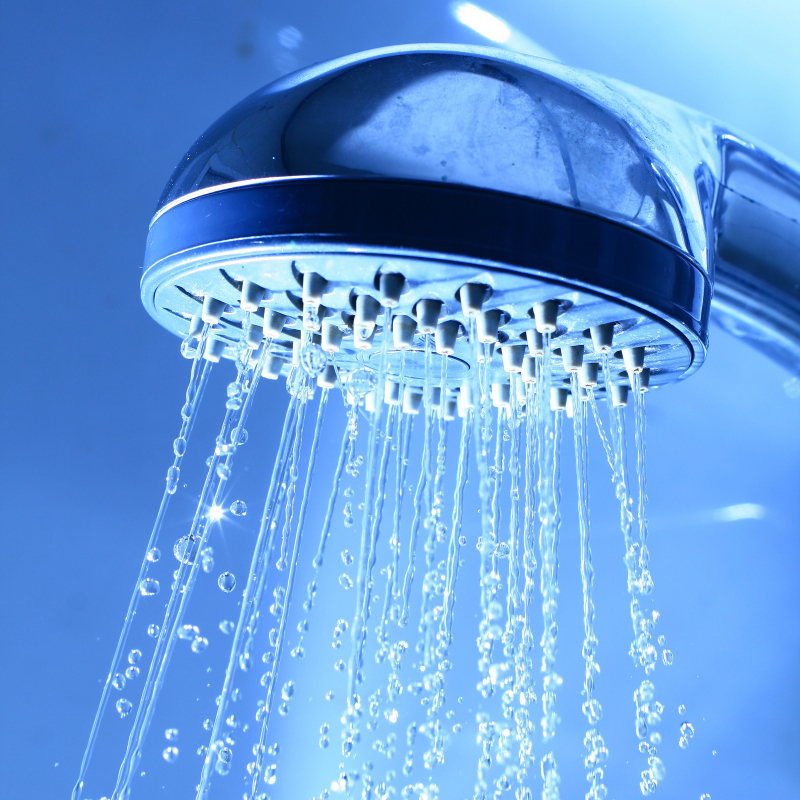
http://prettysmartly.blogspot.com 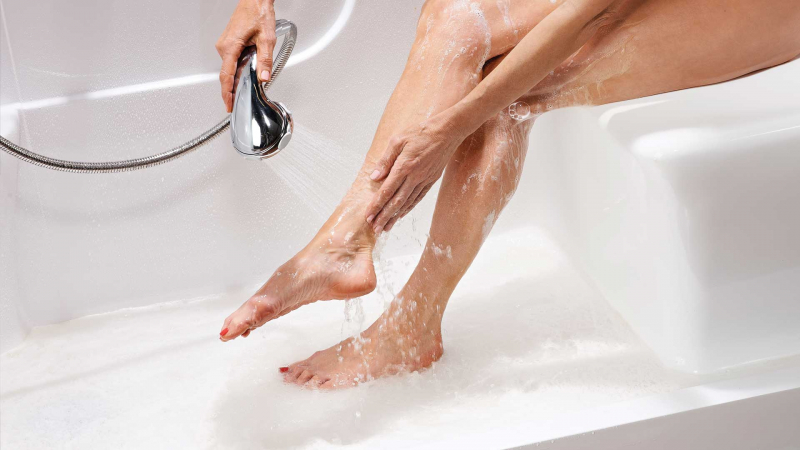
https://www.independentbathing.co.uk/ -
Due to years of oil, trash, chemicals, and other dirty substances being dumped, many rivers, bays, and other waterways around the world are now severely polluted. In turn, this destroys coral reefs and other underwater natural features that have a significant impact on the world above the waves.
The Billion Oyster Project recycles actual oyster and clam shells from restaurants and dumps them back into the water in an effort to rebuild New York's oyster reefs. This is because each little oyster naturally filters 50 liters of water per day, and New York once had oyster reefs covering over 200,000 acres. However, as they disappear, the water becomes more and more contaminated.
Additionally, the city is at a higher danger of floods. Natural barriers like reefs help prevent large storm surges from flooding metropolitan streets. And it affects all coastal regions, not just New York. Natural barriers like oyster reefs stop potential flood damage worth tens of billions of dollars. Oysters' built-in filtration capabilities can also aid in water treatment, which might reduce technological costs by billions more.
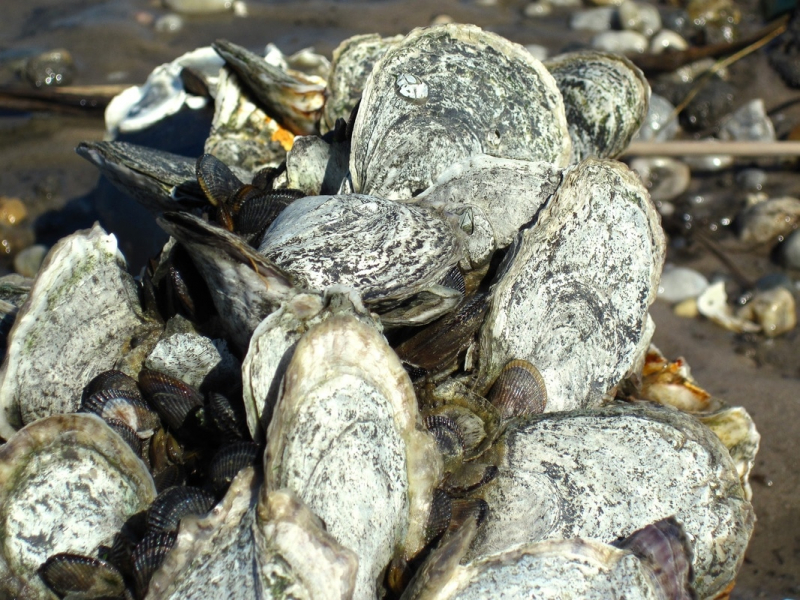
http://www.mrbrklyn.com/ 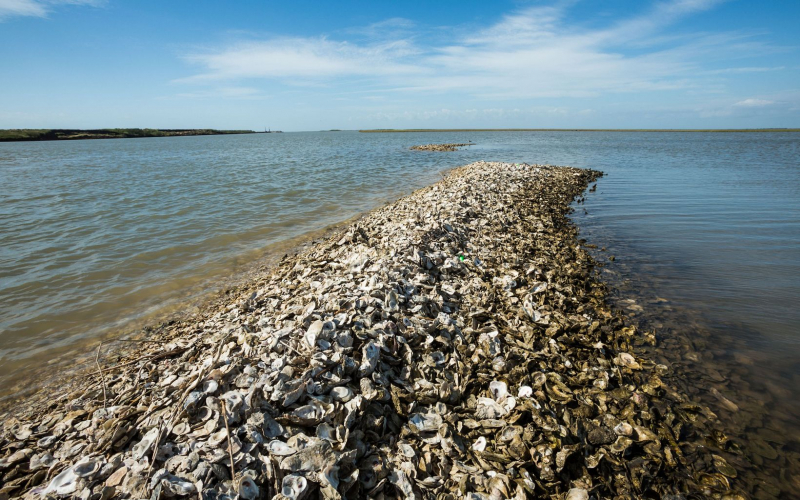
https://www.nature.org/ -
Which animal do you prefer, dogs or cats? If you fall into either category, you probably save money—at least on healthcare expenses rather than pet food. Numerous health advantages of pets have been demonstrated, from decreasing blood pressure to decreased stress. But if you want to put a price tag on it, you may.
According to studies from George Mason University, all of those health benefits add up to that sum. 0.6 times fewer pet owners visit the doctor than non-pet owners. So, from where does the additional $400 million come? Strolling the dog Due to lower obesity rates among those dog walkers, the extra money is reduced to bring the total to $11.7 billion when five or more walks per week are taken.
If you don't already have a pet, it's important to keep in mind that this amount represents savings on medical expenses rather than cash in your pocket because pet owners will be spending significantly more on chew toys, chow, and canine-sized Halloween costumes.
https://blueprint.theblueground.com/ 
https://piaa.net.au -
In America, $160 billion worth of food is thrown out every year. Every year, the typical household of four discards $1,600 worth of waste, and there are many different causes behind this. Things get harmed, they spoil before they can be utilized, the packaging gets harmed, etc.
However, one of the sources of loss is not comparable to the others. A significant contributor to food waste is unsightly food, which has nothing to do with quality. Food that is visually offensive is perfectly safe and delectable. Despite being just as wholesome and delicious as their more attractive siblings, distorted apples, weird bananas, and discolored oranges are frequently thrown out.
All of this food was thrown out for years by producers, distributors, and retailers before it even reached customers. However, there has been a change in recent years, and research demonstrates that consumers may happily accept unsightly food, particularly if you are upfront about its appearance. Each year, American shops discard $15 billion worth of unsightly food, while farms themselves discard nearly 66 million tons of food that might all be avoided by simply making it available.
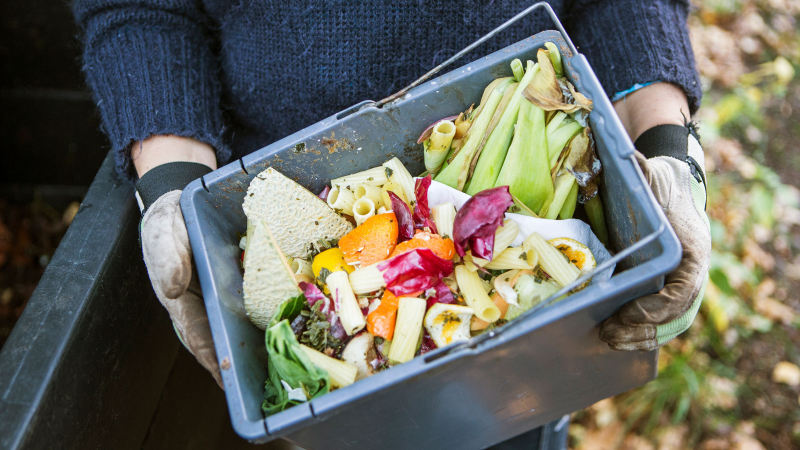
https://www.sitra.fi/ 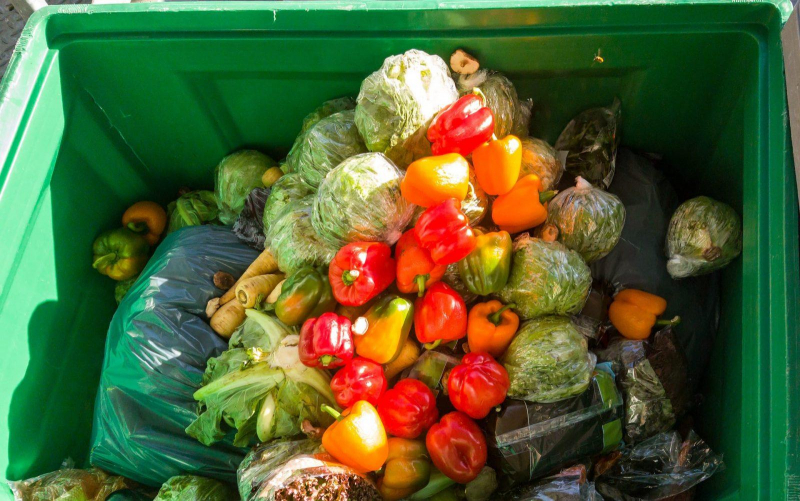
https://gritdaily.com/ -
There is a fact is that mangroves can prevent billions in coastal damage. Most individuals generally underestimate how bad flood damage is. There are other types of flood damage besides the apparent destruction to cities that you see on the news when there are huge floods. Each year, numerous storms cost the US economy alone $50 billion in damage to coastal regions. And this is a problem that costs as much as $730 billion annually in every region of the world where land and water converge.
Even while people can repair harm after it occurs, our natural defenses are one of our most important assets. Natural reefs and mangroves, in particular those gnarly-looking trees whose roots hang down into marshes and rivers, play a significant role in controlling flood floods. They act as a defense against rising waters and lessen flood damage by roughly $65 billion.
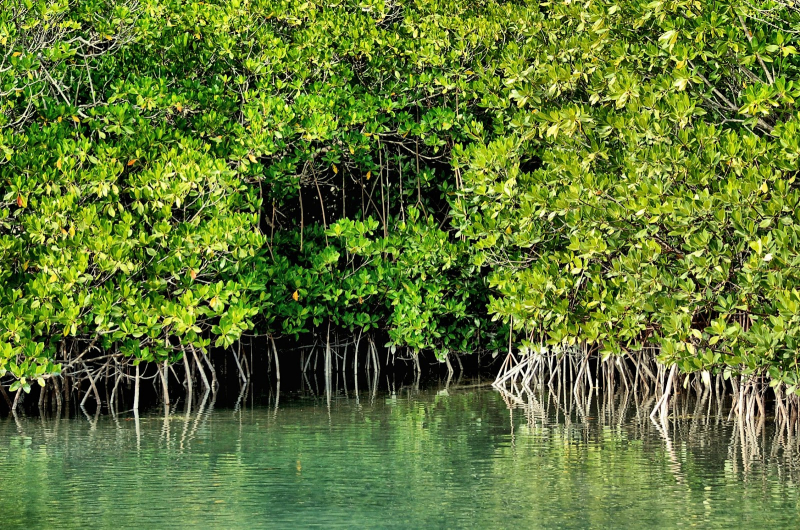
http://bahamabobsrumstyles.blogspot.com 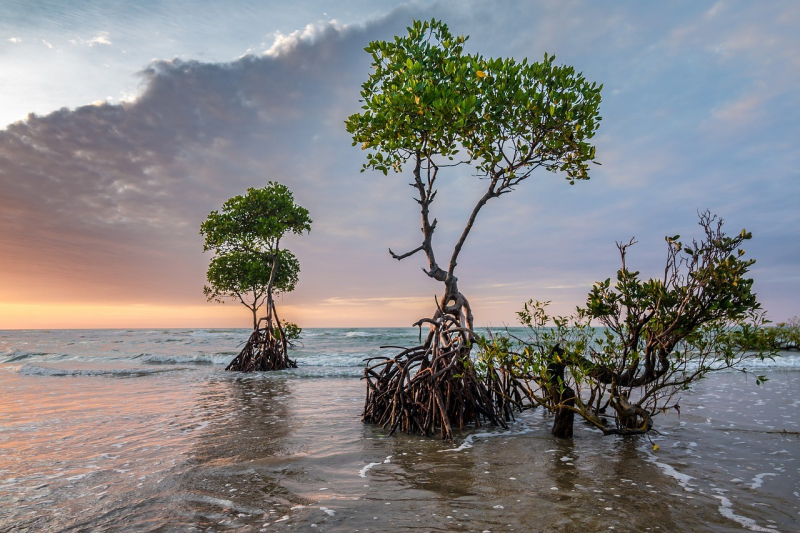
https://marine-conservation.org -
Over the years, communities have raised the issue of shifting school start hours for a variety of causes. Some believe it improves student learning, while others believe it would reduce morning traffic. The social advantages are just one reason why this would be a smart idea, though. Additionally, doing this has a significant financial benefit that defies popular objections of the strategy.
Some people worry that starting later might somehow raise prices for items like transportation. A recent study may have found a straightforward method to boost the US economy by billions of dollars: delaying school start hours. According to a recent research by the RAND Corporation and RAND Europe, bringing middle and high schools' first bells to 8:30 a.m. would boost the economy by $9.3 billion in the coming year and $83 billion over the following ten years. Hence, after fifteen years, they would increase to $140 billion. Lower accident rates and improved academic performance are a couple of the advantages.

https://ccaeducate.me 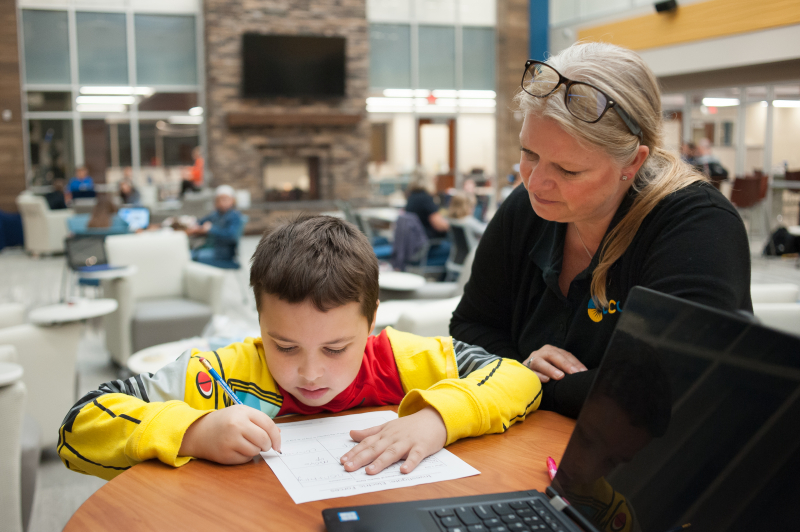
https://ccaeducate.me/ -
Quitting smoking improves your health, but it also helps you save money. That's because, according to recent research, healthcare expenditures start to decline just one year after they cease. That's because, according to recent research, healthcare expenditures start to decline just one year after they cease.
Smoking is a deadly vice that you should quit. Additionally, it places a significant strain on society when smokers become ill and require medical attention. According to estimates, smokers in the UK cost the economy £13 billion a year. Money that could all be saved if smokers were persuaded to give up.
The cost of the issue is substantially higher in the US. According to a University of California research, quitting smoking among only one in ten Americans would result in a $63 billion reduction in healthcare expenses. The year after smoking was outlawed in the state, California's healthcare costs alone decreased by $15 billion.
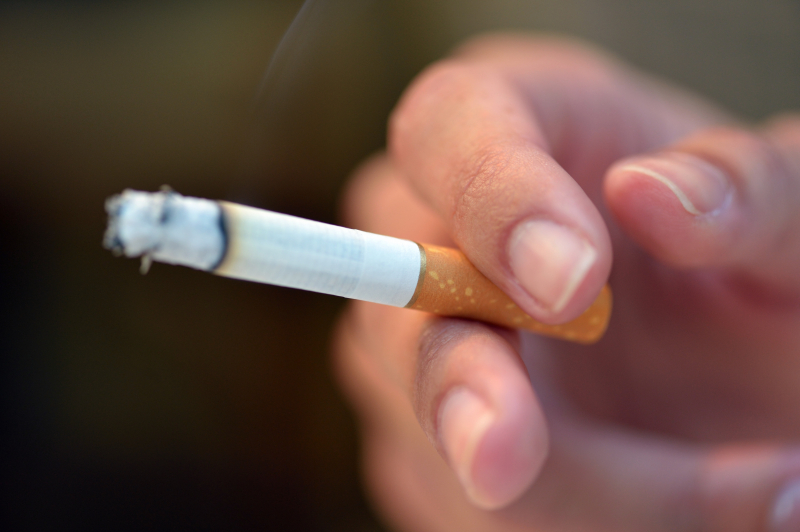
http://www.cbsnews.com/ 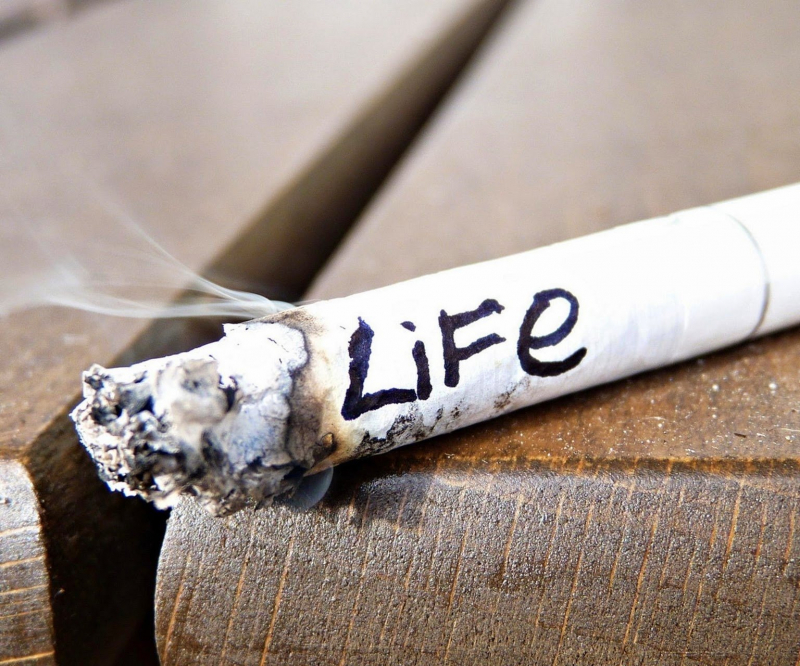
https://wallup.net/ -
Clearly, electric vehicles are the way of the future. Though we as a civilization are quite excellent at ignoring the future, it can only be avoided for so long before fossil fuels physically run out one day. Elon Musk and other automakers are climbing on the bandwagon right once because they want to corner the market before their competitors do, not only to appeal to the ecological conscience. Electric is a potential winner for a number of important reasons.
First of all, it might save lives. Thanks to less pollution, there are hundreds of thousands of them. However, switching over is a smart move from a purely economical perspective as well. One study claims that switching to electric vehicles on the road would save pollution and climate change-related losses by almost $17 billion annually. That serves as a pretty effective motivator, but only if 25% of autos make the move. Savings exceed $70 billion when the number of cars on the road is increased to 75%.
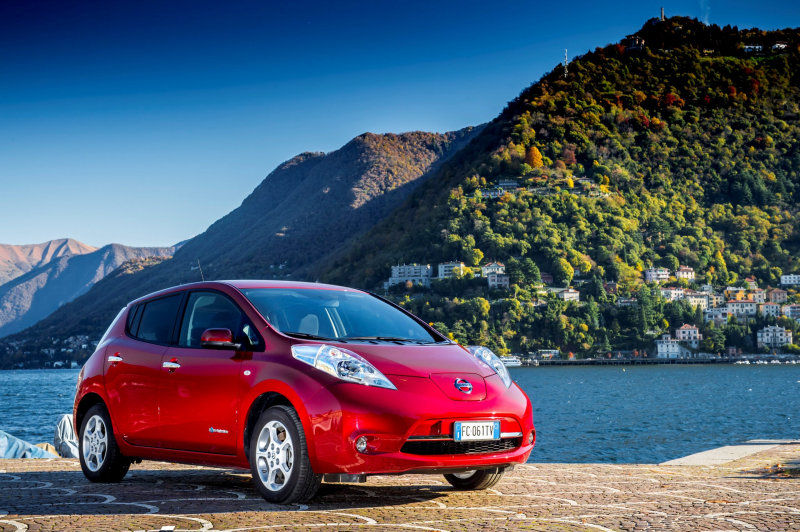
https://cardealermagazine.co.uk 
https://www.icebike.org/ -
Canada removed all of its $1 bills from circulation a number of years ago and replaced them with coins known as loonies, which depict an image of a loon. They were so favorably received that they eventually stopped using two dollar bills and switched to toonies. In addition to having amusing names, a design like this has a clear cost advantage.
It has been calculated that the US would save around $4.4 billion over 30 years only in the cost of creating paper money if it stopped using dollar bills and switched to coins instead. Coins are simply more sturdy and endure longer. What is the problem then? Nobody enjoys them.
One dollar coins are difficult to sell in America for a variety of reasons. They do exist, and at the moment, more than half of them are merely stowed away in government safes. However, people favor paper money. People will easily adjust to the coinage if you don't offer them a choice, as Canada and other nations have demonstrated, but that step hasn't yet been done.
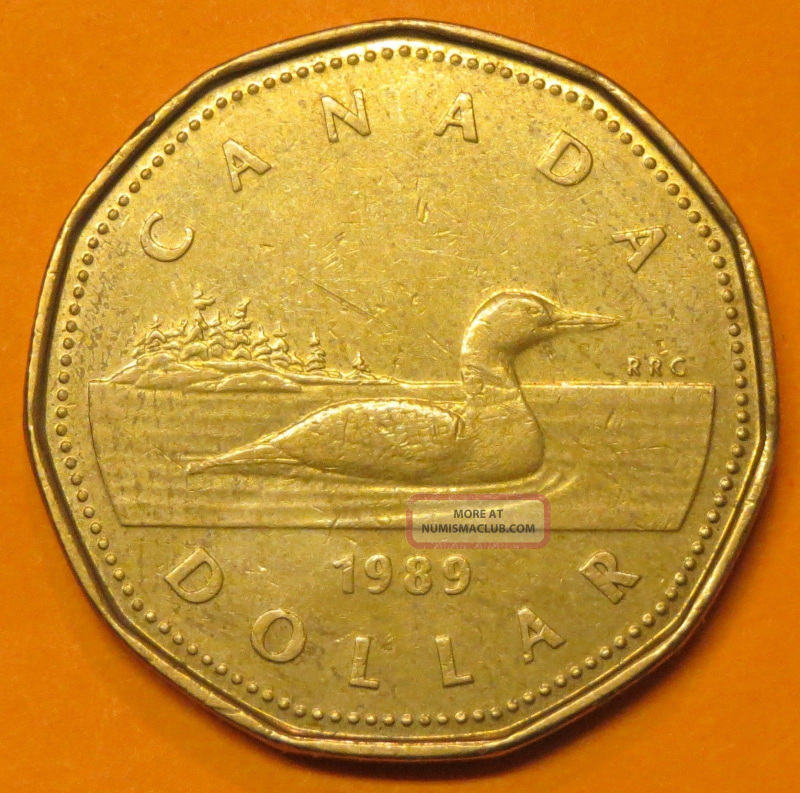
http://numismaclub.com/ 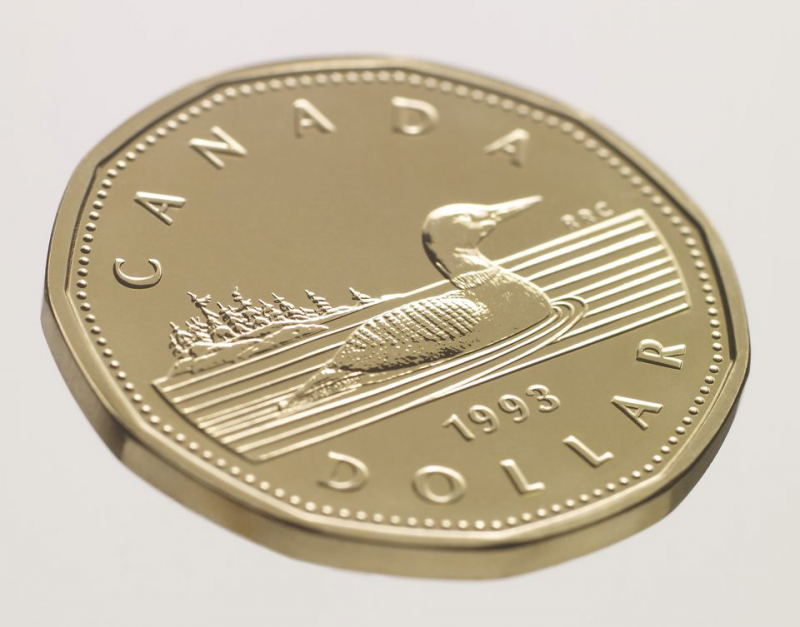
http://gocanada.about.com -
The EPA estimates that in 2012, global pesticide spending was over $56 billion. People spend absurd sums of money trying to eradicate insects, therefore any opportunity to cut costs should be investigated. And thankfully for us, nature offers free natural pest control options.
According to estimates, when bats go out to feed at night, they can eat enough insects to avoid using up to $3 billion worth of pesticides. According to other data, bats save the US alone $23 billion in agricultural losses every year.
In an hour, a single bat may consume 1,200 mosquitoes. You can only image how much those little fellas are tearing down each and every day at the largest bat colony in the United States, which is located near Bracken, Texas. This colony is thought to be home to roughly 15 million Mexican free-tail bats. Some people's perception of bats as pests simply demonstrates how little understanding there is of how beneficial these little creatures really are.
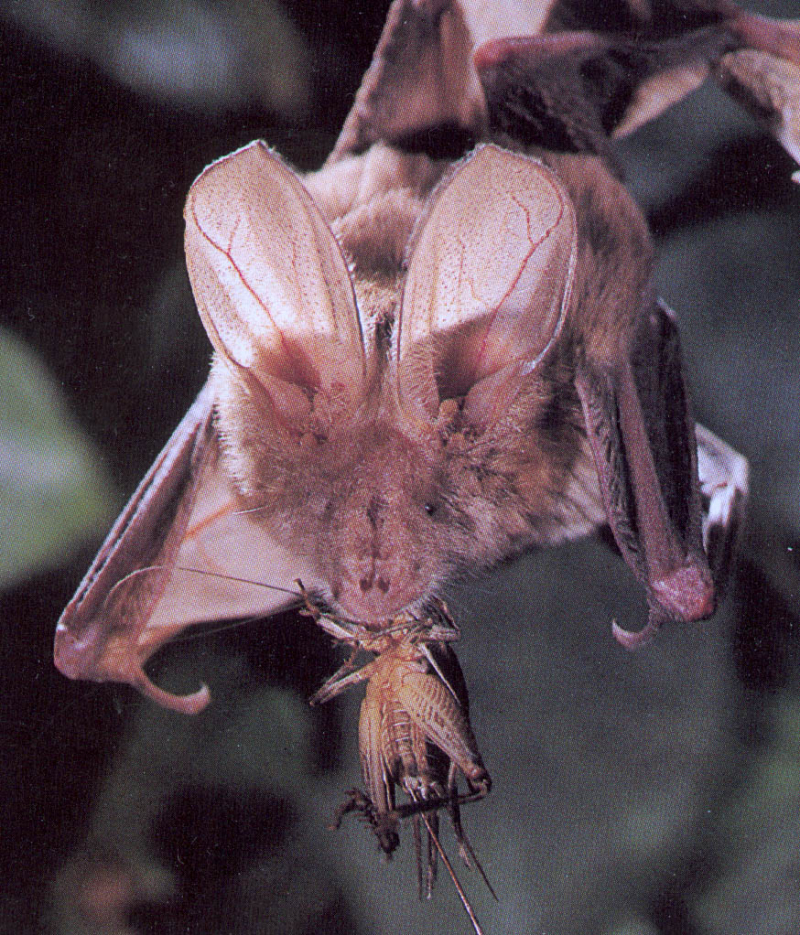
https://sites.google.com/ 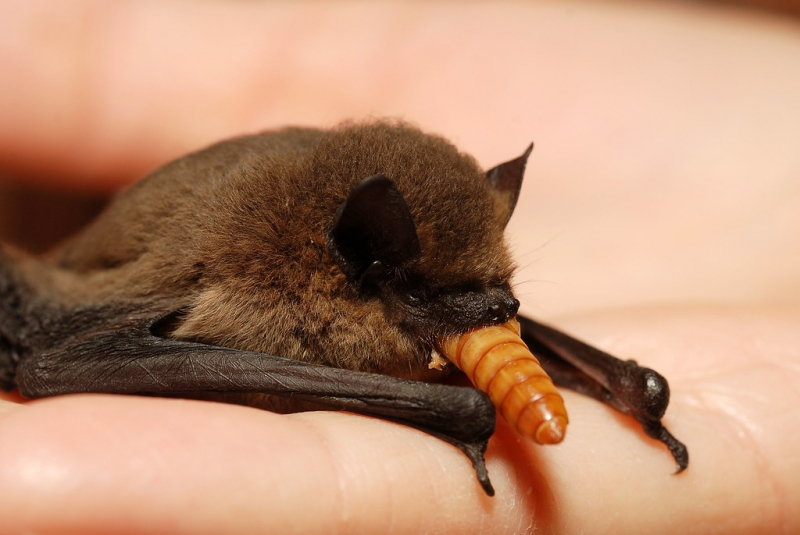
http://noahsnotes.org












